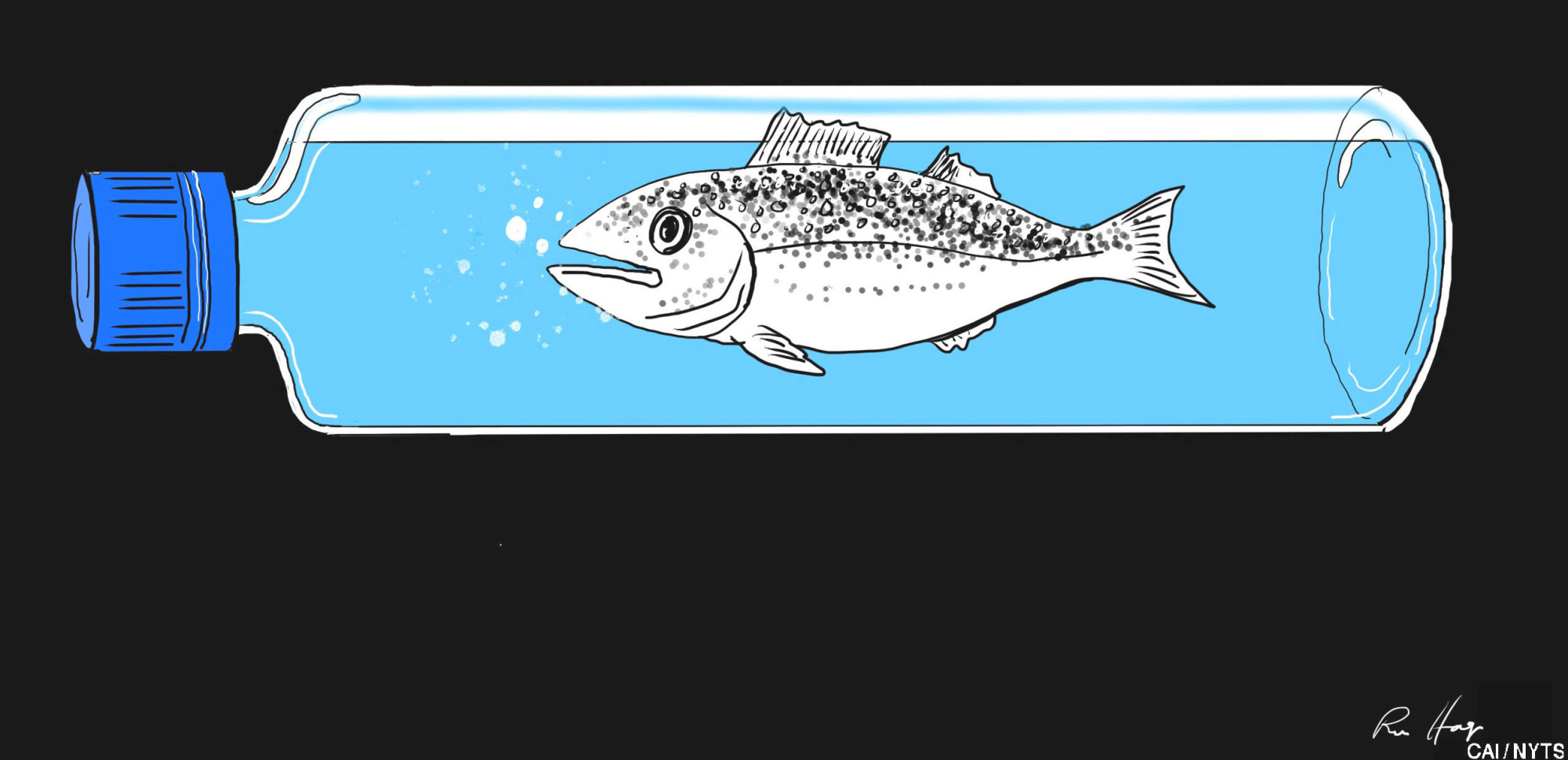The European Union is close to outlawing some single-use plastic products, such as cutlery, straws, coffee stirrers and cotton swab sticks — but the measures are too narrow and too lenient toward producers to have a meaningful benefit for the environment. The EU, as one of the biggest producers and the biggest exporter of plastic waste, should do better than this.
Last Wednesday, the European Parliament voted overwhelmingly to approve the new rules on plastics. Member states must agree to the measure, but that's all but guaranteed since the final proposal was coordinated with them. The idea was to cut down on the use of the top 10 plastic objects that wash up on European beaches, as well as on plastic fishing gear, another large source of the marine pollution that the European Commission estimates costs the bloc's economy up to €695 million a year in damages to tourism and fisheries.
Banning plastic forks, straws and those pesky balloon sticks by 2021 and making sure plastic caps remain attached to bottles after opening is, however, hardly a big step forward. The plastics industry, which lobbied intensively to water down the legislation, still isn't happy about "extended producer requirements" for the makers of food containers, beverage cups and bottles, cigarette filters, wet wipes, plastic bags and fishing nets. These companies will need to cover clean-up and recycling costs. But member states must implement the programs. That makes the approach inefficient, especially in newer EU members, which have weaker institutions.

















With your current subscription plan you can comment on stories. However, before writing your first comment, please create a display name in the Profile section of your subscriber account page.